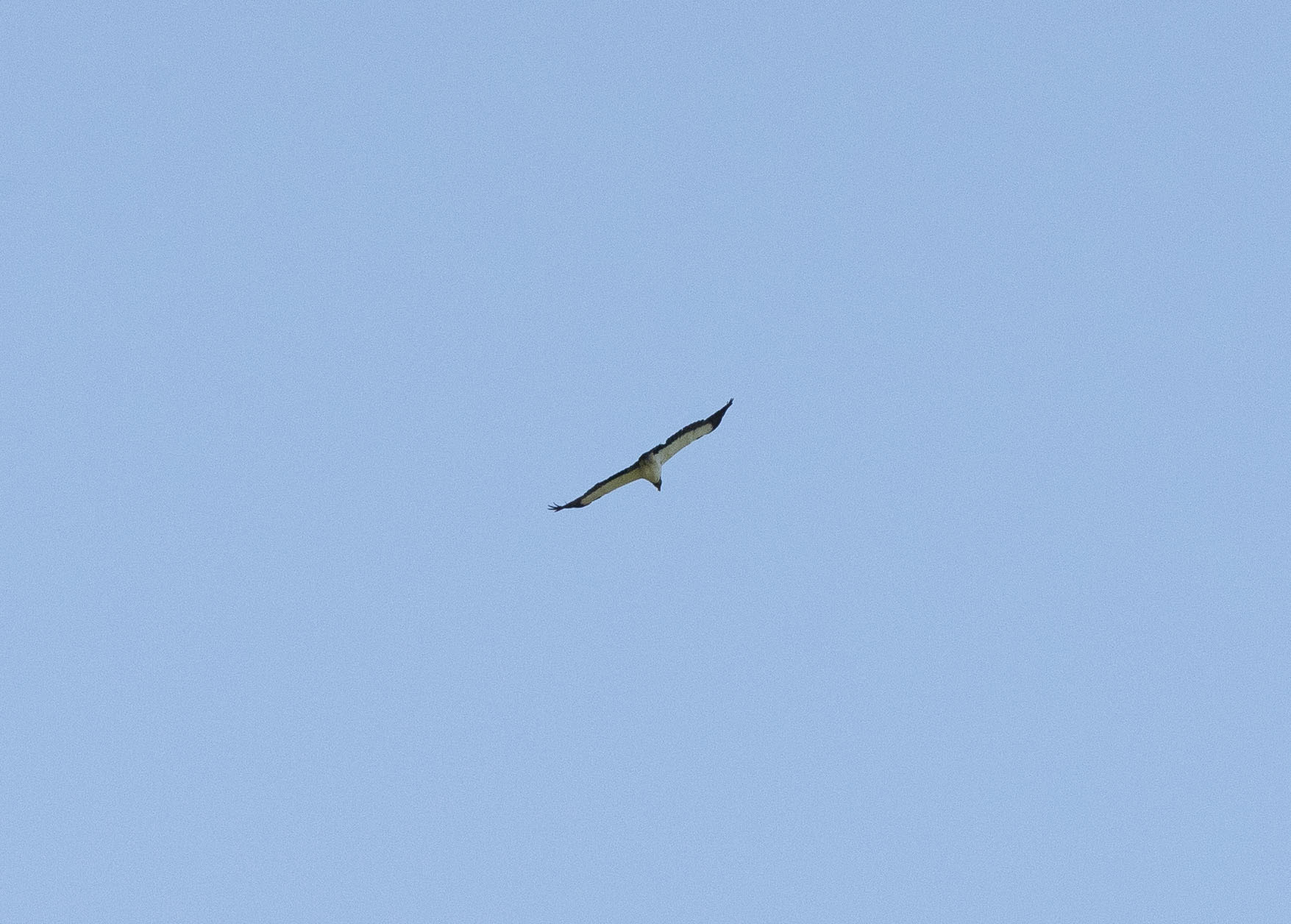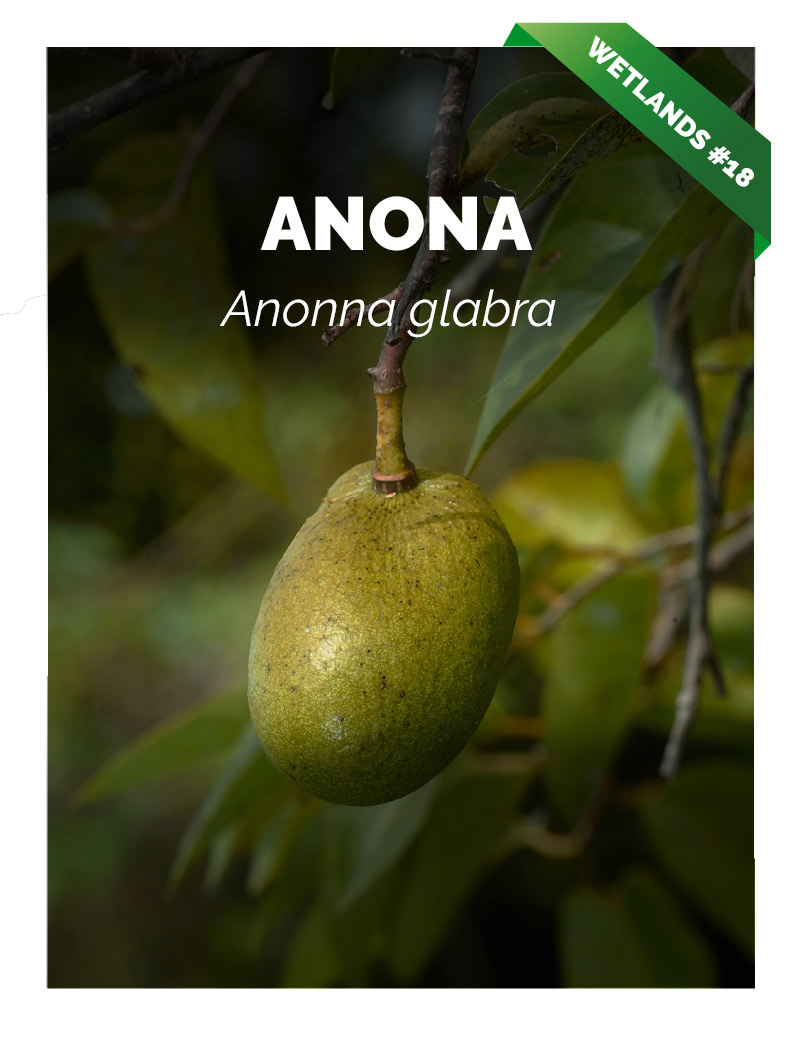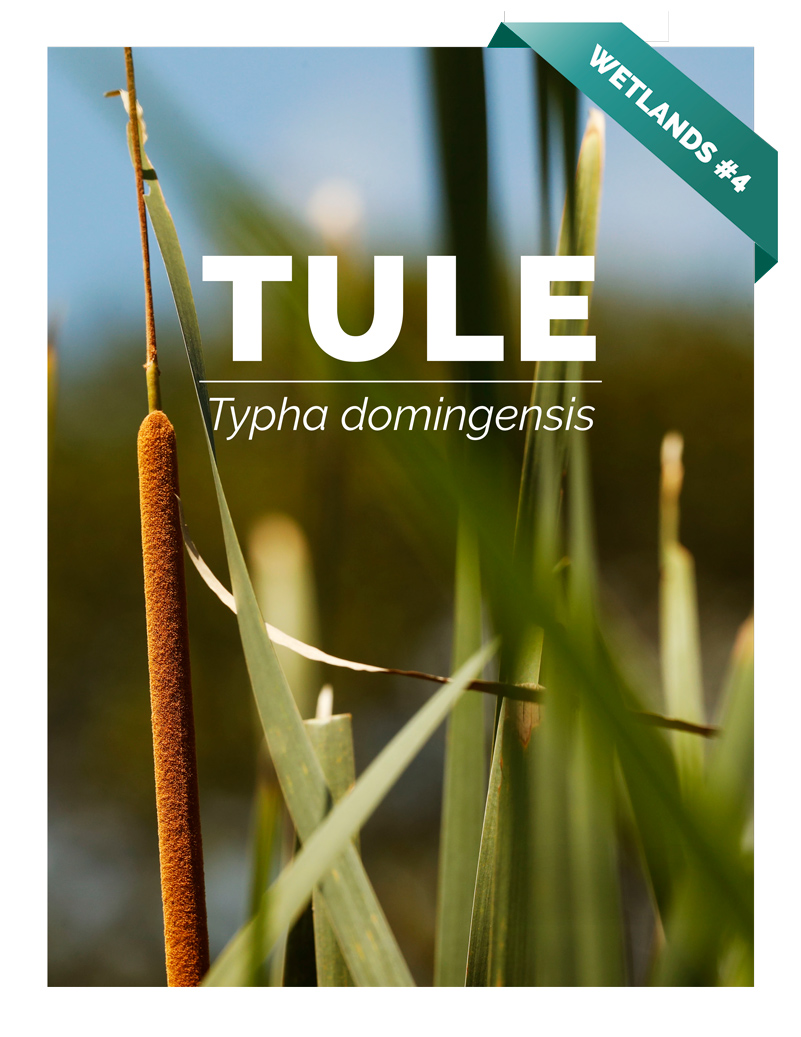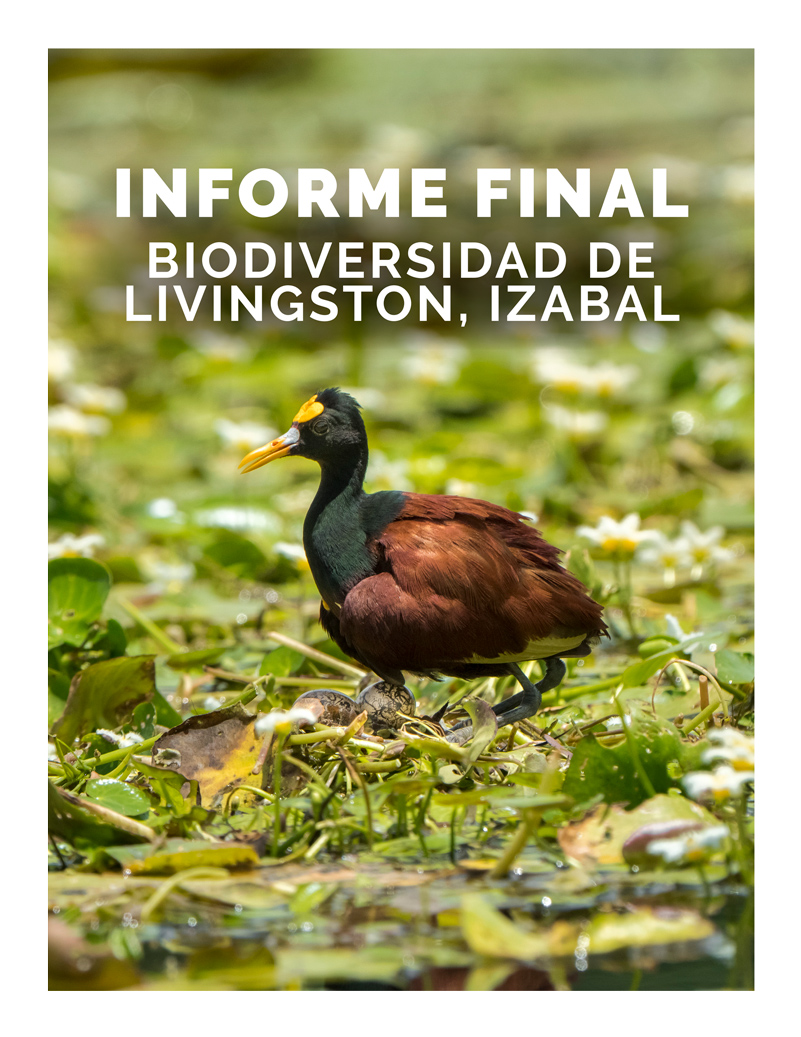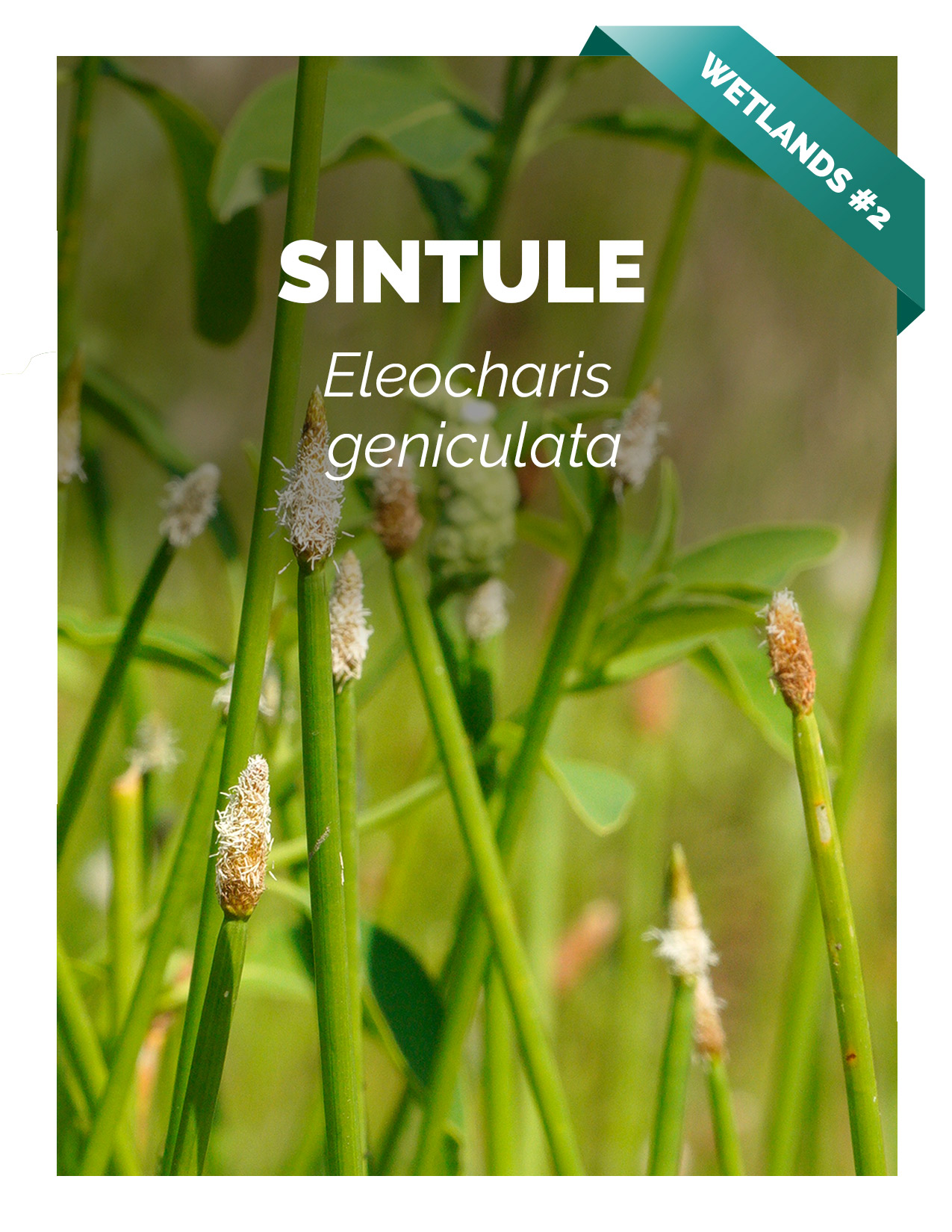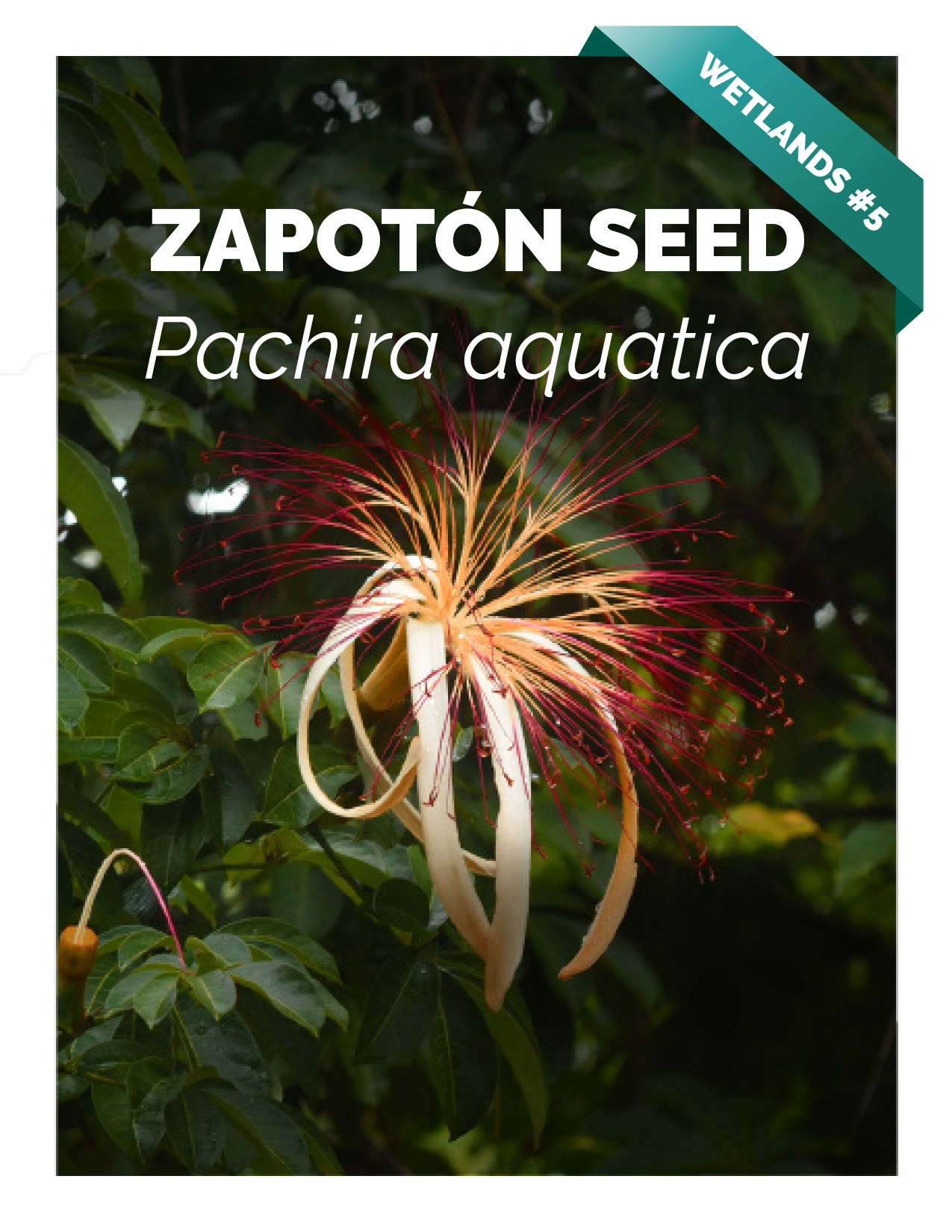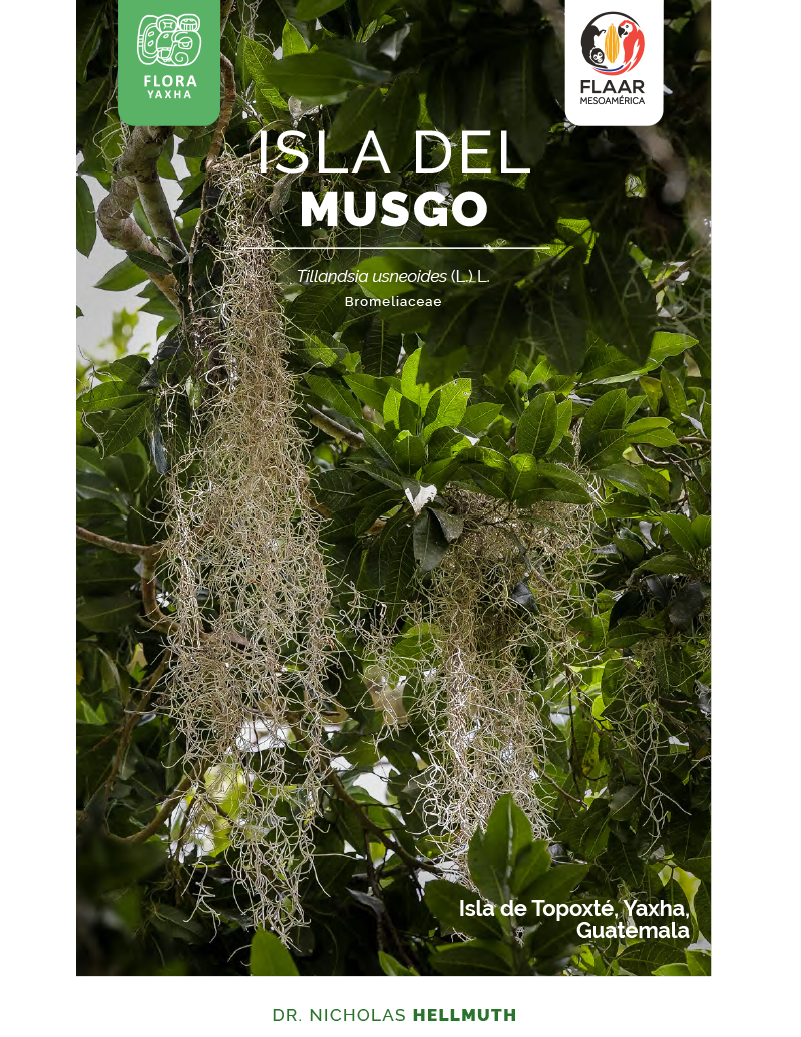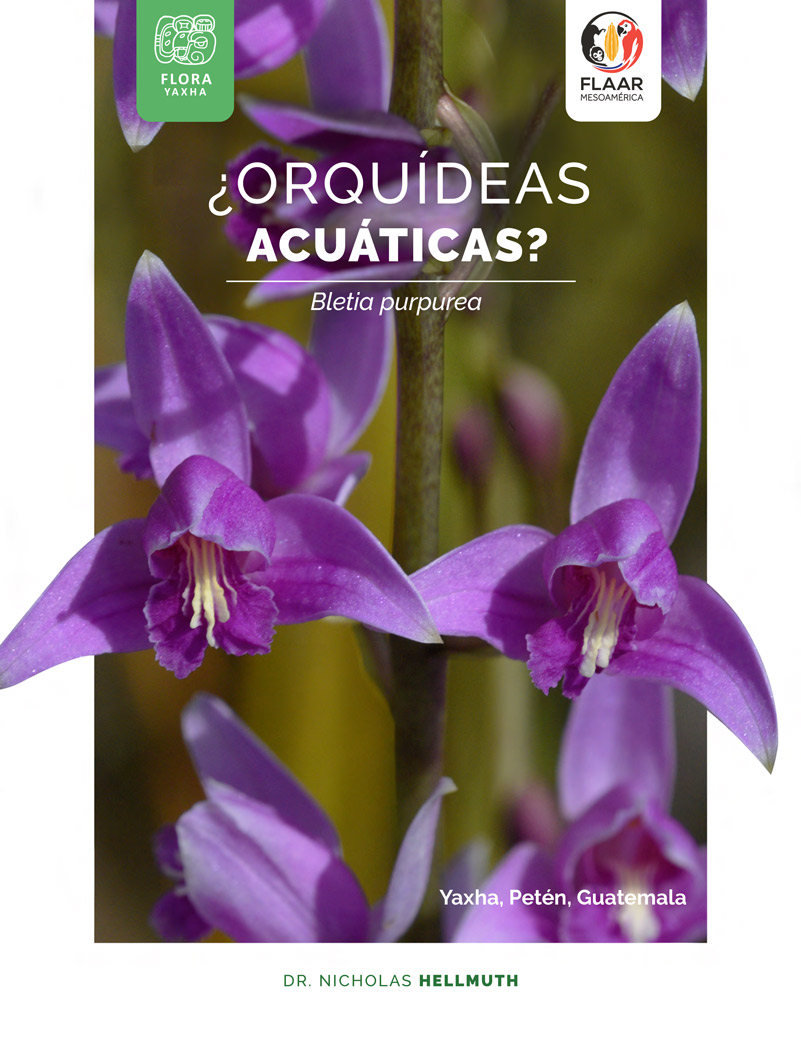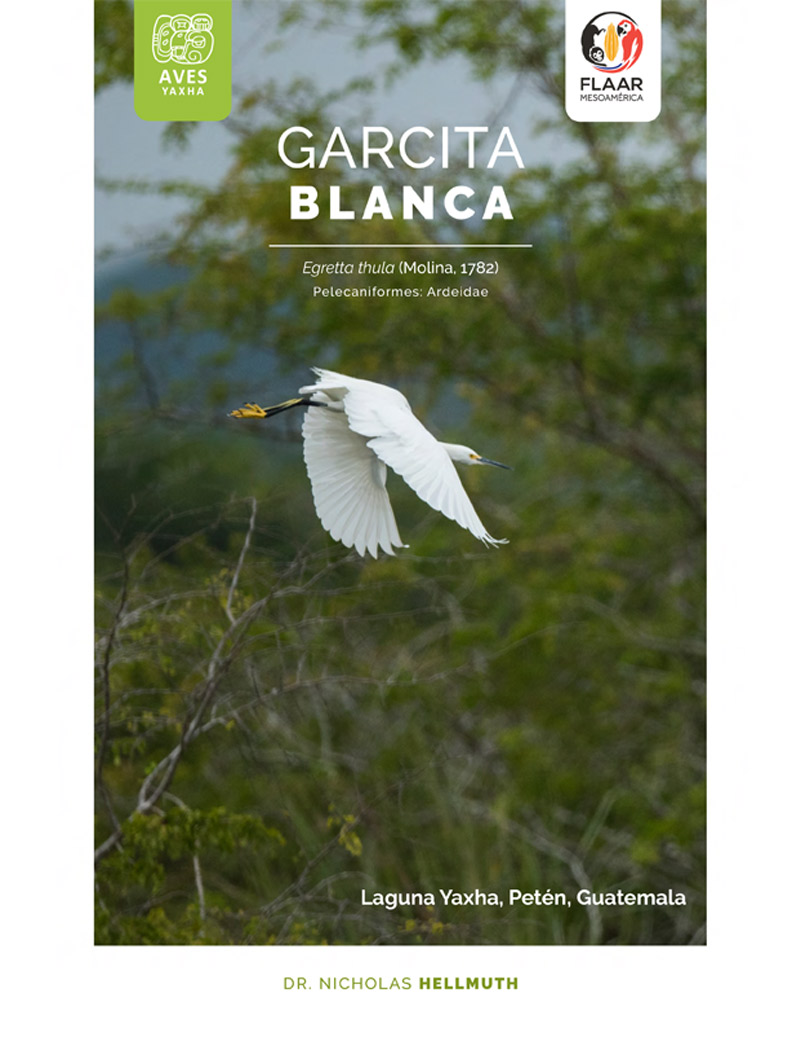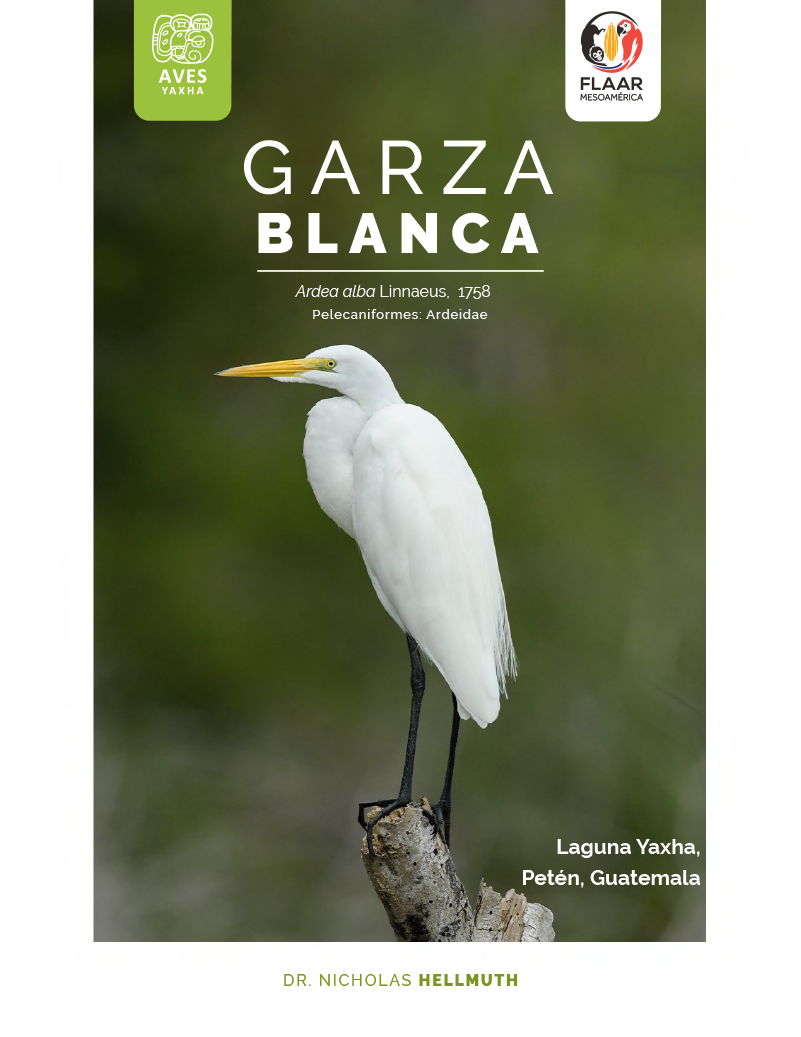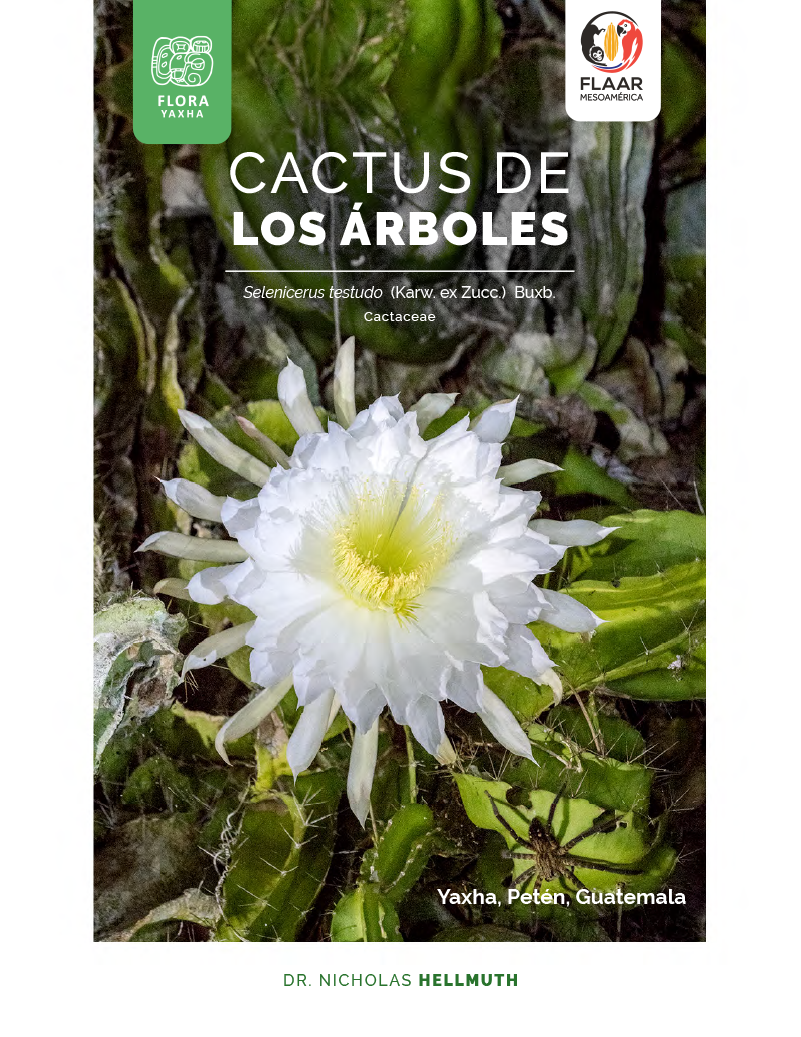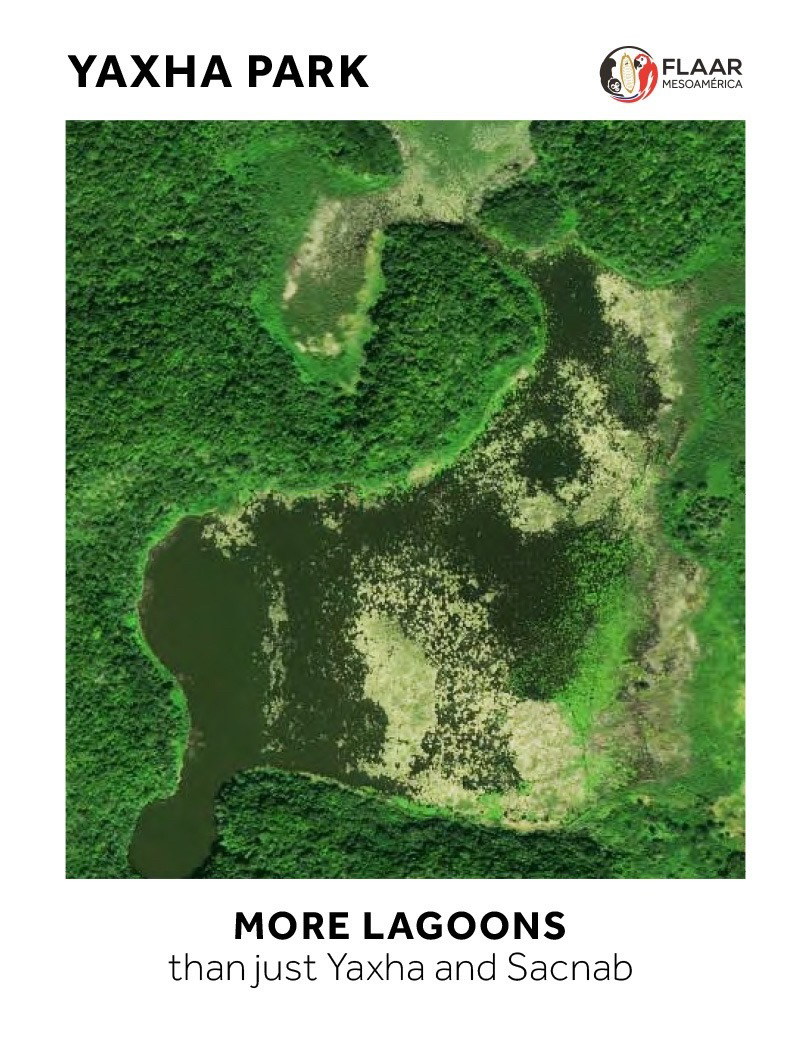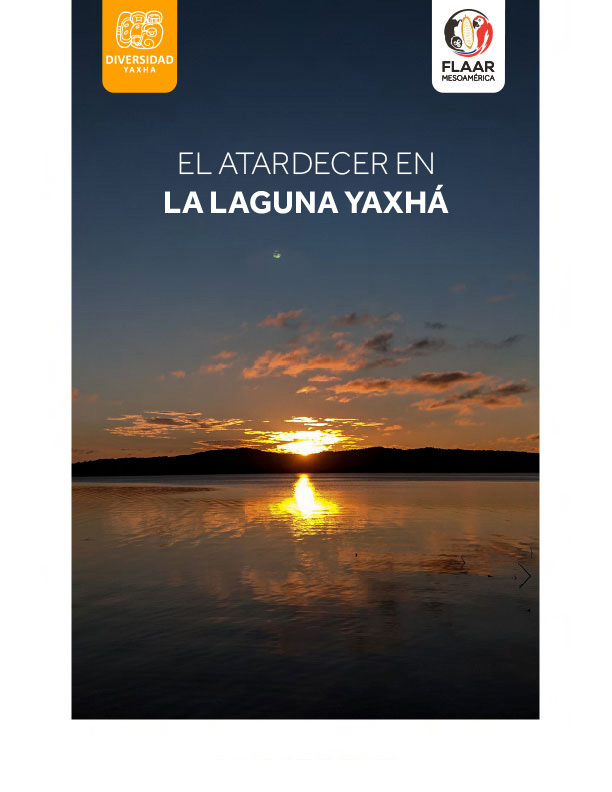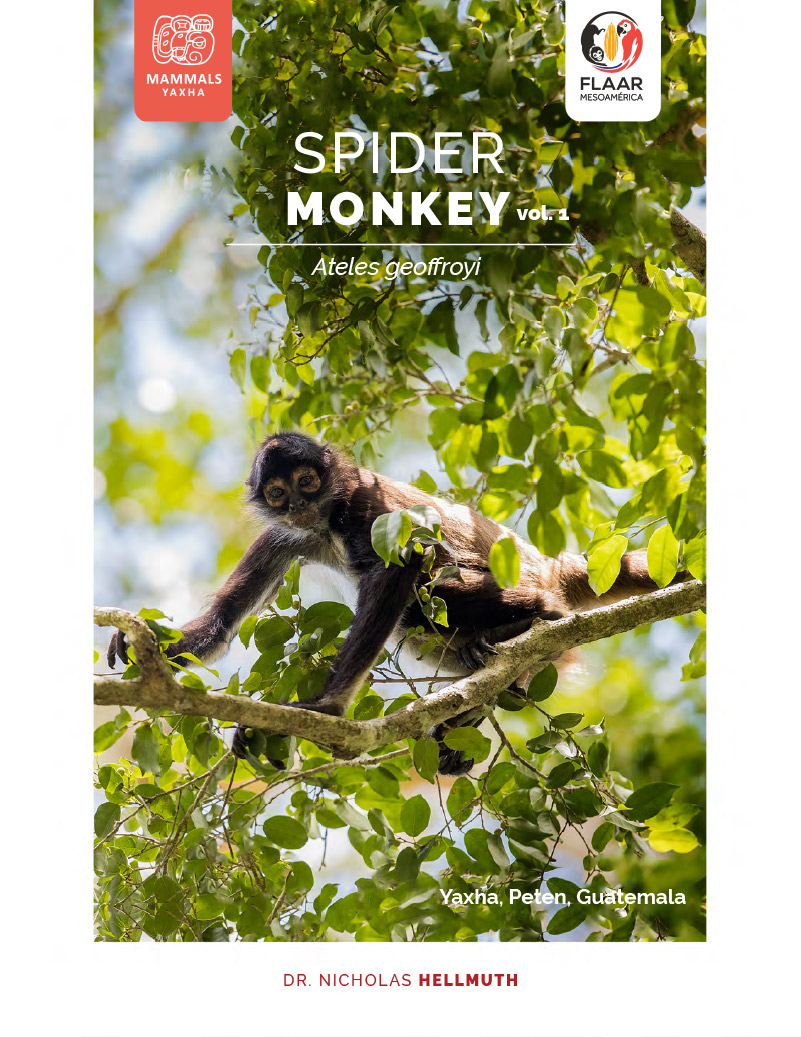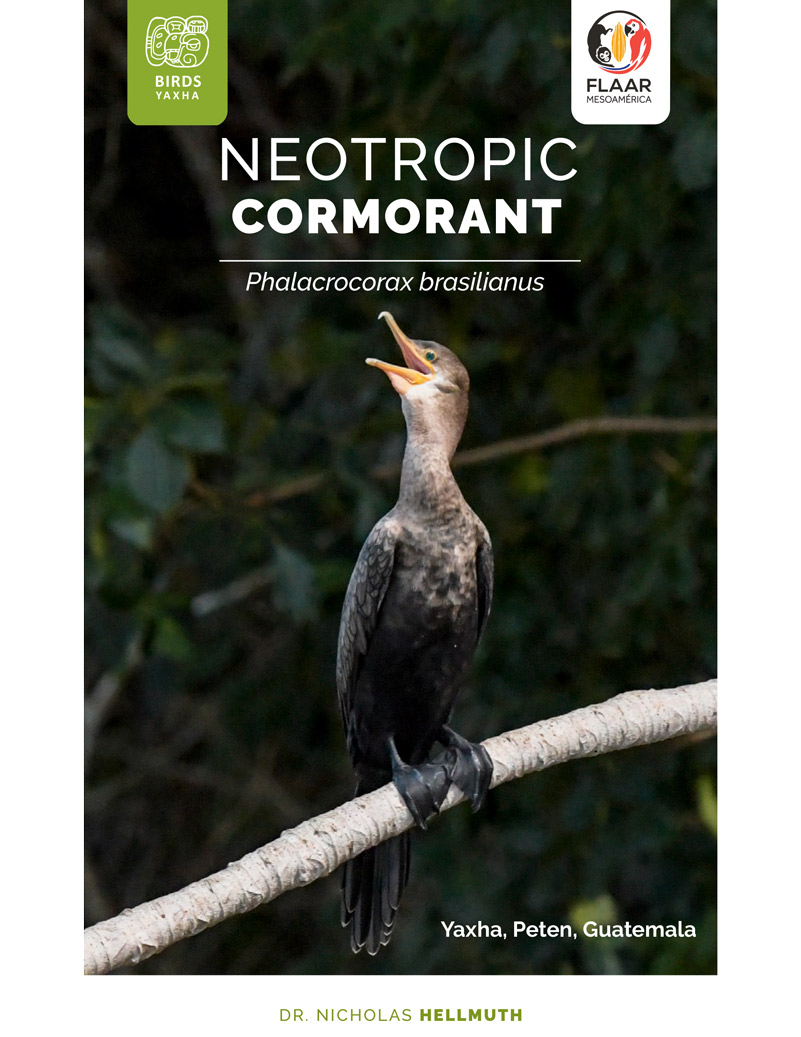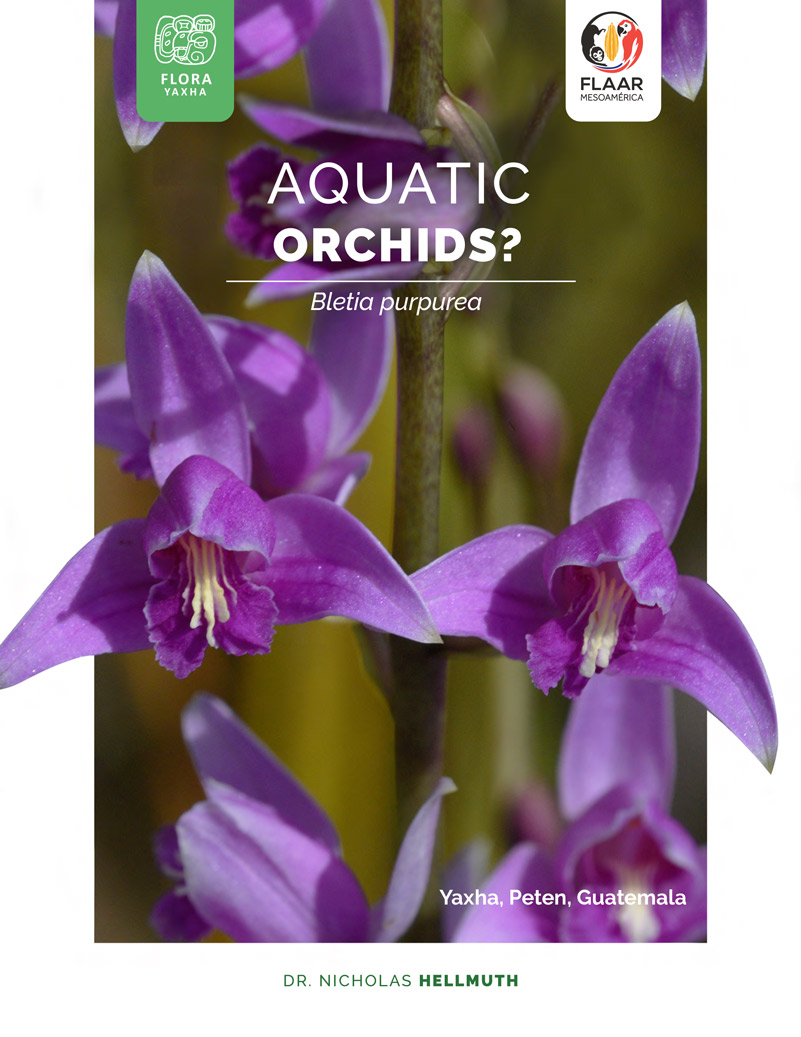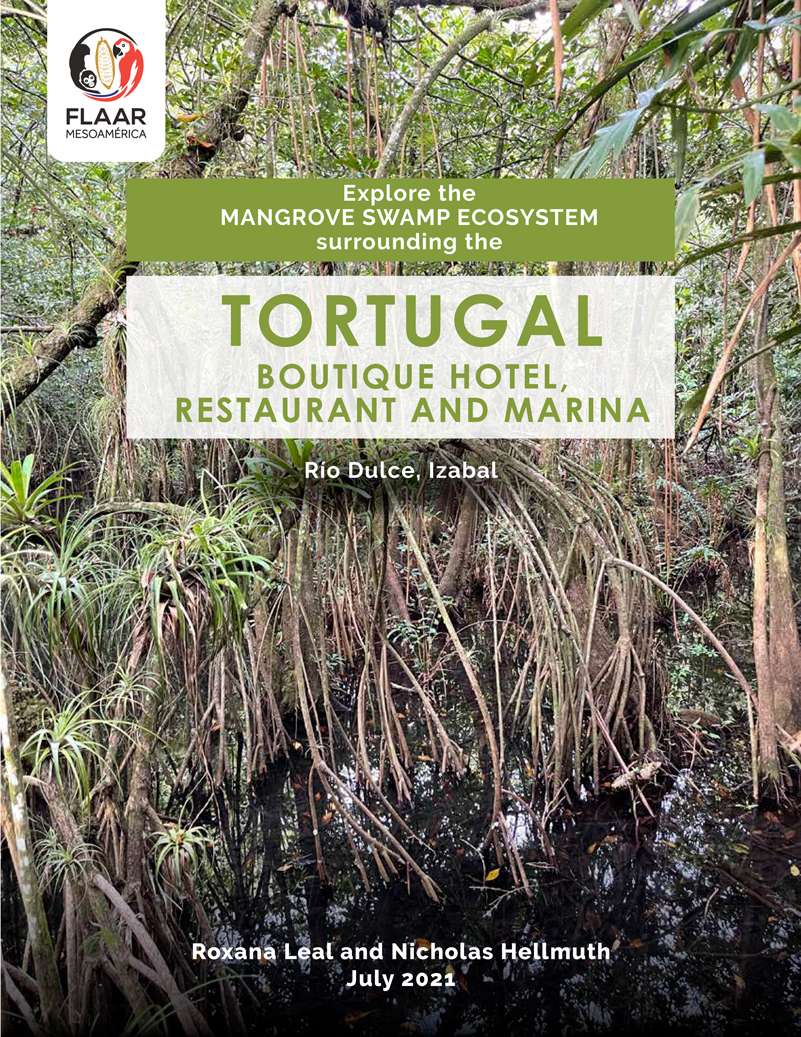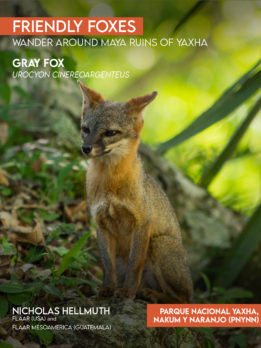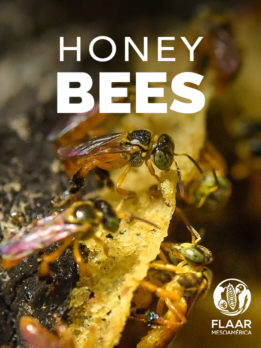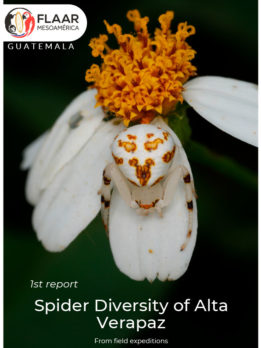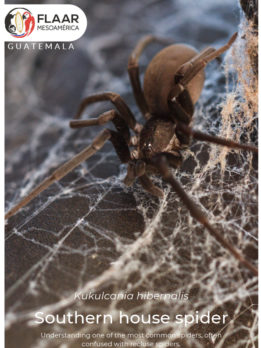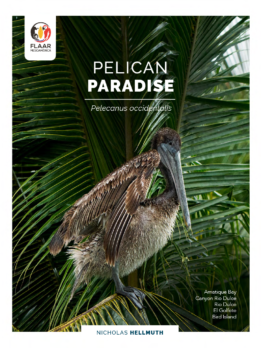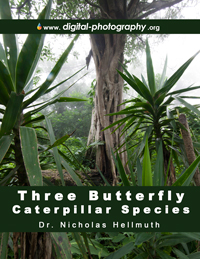Posted April 11, 2019
The king vulture is one of my favorite birds, due to its colorful head and its rarity: I have never seen one in the wild until this February.
One of the park rangers, Teco (Moises Daniel Perez Diaz) has pointed out king vultures circling in the air above the park on several earlier trips (we go to the park once a month, every month). But usually the bird was so high in the sky and so far away that even with an 800mm prime telephoto lens I did not even attempt to capture it.
But in late February the bird was a tad less far away, but focusing on a soaring vulture is tough when you are in a lancha which is swinging from side to side from the waves (even calm Lake Yaxha has wind-blown surface movement).
Photograph of the zope rey, king vulture, Sarcoramphus papa, soaring over the hills at the far west end of Lake Yaxha, Parque Nacional Yaxha Nakum Naranjo, Peten, Guatemala.
Photo by Alejandra Gutierrez, Camera CANON 300 mm, f 2.8, ISO 2,000.
So here we show the first attempts to document this rare vulture. If you wish to see this bird, Sarcoramphus papa, connsider visiting Parque Nacional Yaxha Nakum Naranjo, Peten, Guatemala. This park is a great place for birders, especially if you like water birds, especially shore birds. Hotel Ecolodge El Sombrero is available at entrance to the park.
To get better photos you need to be on land, not in a boat; need a tripod with gimbal, and a 1000mm lens or a digiscope. We do not yet have a digiscope. If you are able to support advancing our project capabilities at Yaxha (by providing a Nikon, Leica, Zeiss or Swarovski digiscope for our Nikon or Canon cameras, donations are appreciated. Donations to FLAAR are tax deductible for US citizens: frontdesk symbol FLAAR.org is our contact. We assume you can join these words with the appropriate symbol to create an e-mail address.
Other equipment we need is any good model Sony mirrorless camera (a7R III or a9) and their special Sony FE 400mm f2.8 GM OSS lens. This would be really appreciated to photograph spider monkeys, howler monkeys, or raptors high in the trees. The Nikon lens, AF-S NIKKOR 500mm f/4E FL ED VR, is another item that could help our entire team of photographers and researchers of plants, mammals, birds, pollinators, and other aspects of Neotropical flora and fauna of the Mayan areas of Central America.
You can also join our team on our next visit to Parque Nacional Yaxha Nakum Naranjo. We go every month, though most of our days are studying insect nests in trees, searching for 3-dimensional lichen, and documenting previously undocumented rain forest ecosystems (every kilometer there is a totally different ecosystem: some are 90% palm trees, some are 90% other trees with almost zero palm trees: we even found a pristine grassland savanna last field trip, the first time an untouched savanna has been photographed and documented for this area of Guatemala.


